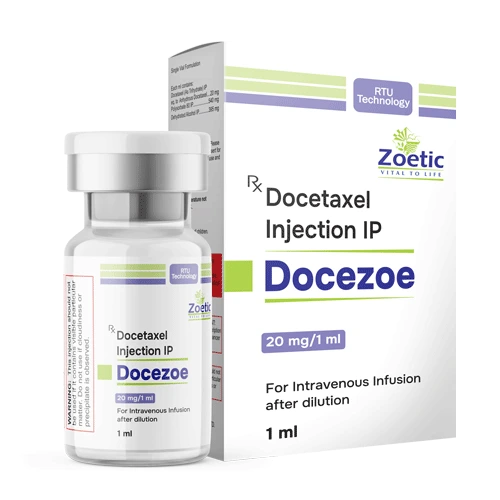What is prostate cancer?
Prostate cancer develops when healthy cells in the prostate gland turn abnormal and multiply uncontrollably. The prostate is a small gland located below the bladder, in front of the rectum, and surrounding the urethra—the tube that carries urine out of the body. It produces fluid that mixes with sperm to form semen.
This cancer is most often seen in men over 50. Although very common, many men do not die from it since the disease usually grows slowly.
What are the symptoms of prostate cancer?
In the early stages, prostate cancer may cause no symptoms. When symptoms appear, they may include:
- Frequent urination
- A weaker or slower urine stream
These issues are not specific to prostate cancer and can result from other prostate or urinary conditions. Still, anyone with these symptoms should seek medical advice.
Is there a test for prostate cancer?
Yes. Screening often involves a PSA (prostate-specific antigen) blood test and a digital rectal exam (DRE), where a doctor checks the prostate through the rectum for abnormalities.
If results raise concern, further evaluation may include:
- Biopsy: Tissue samples are taken from the prostate and examined under a microscope.
- Imaging tests such as ultrasound or MRI, which help visualize unusual growths.
How is prostate cancer treated?
Treatment varies based on the stage of cancer, health status, and patient preferences. Main approaches include:
- Active surveillance: Monitoring with regular tests, delaying treatment unless the cancer progresses.
- Surgery: Removal of the prostate gland.
- Radiation therapy: High-energy rays delivered externally or placed inside the prostate to destroy cancer cells.
- Hormone therapy: Reduces male hormone (androgen) levels, slowing or shrinking cancer growth. This may involve medications or surgical removal of the testicles.
- Chemotherapy: Drugs that kill or stop the growth of cancer cells, often used when hormone therapy stops working. Sometimes given in combination with hormone therapy.
Some men, especially those with other serious health issues, may choose watchful waiting, which focuses on managing symptoms if and when they occur rather than regular monitoring.
How do I choose which treatment to have?
Treatment choice depends on:
- Stage of cancer
- Age and overall health
- Side effects and lifestyle impact
- Personal preferences
Patients should ask their care team about the benefits, risks, and alternatives for each treatment.
What happens after treatment?
Follow-up may involve PSA tests, exams, imaging, or biopsies to check if cancer has returned. Some people may opt for less frequent or no routine monitoring.
What happens if the cancer comes back or spreads?
Recurrent or advanced prostate cancer may be treated with radiation, surgery, hormone therapy, chemotherapy, or immunotherapy, which harnesses the body’s immune system to fight cancer.
Can prostate cancer be prevented?
Men at higher risk, particularly those with a family history, may reduce risk through certain preventive medicines. Discussing options with a doctor is recommended.
Reference
- www.uptodate.com/contents/prostate-cancer-the-basics
- www.ncbi.nlm.nih.gov/books
- www.oncolink.org/prostate-cancer-the-basics
- www.urologyhealth.org/prostate-cancer
Disclaimer: The information provided in this blog is for educational and informational purposes only and is not intended as a substitute for professional medical advice, diagnosis, or treatment. Always consult your physician regarding a medical condition.




